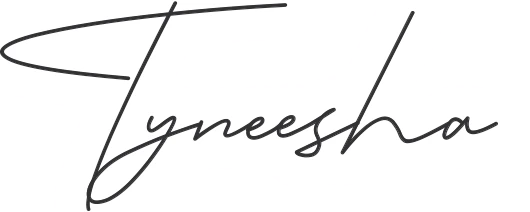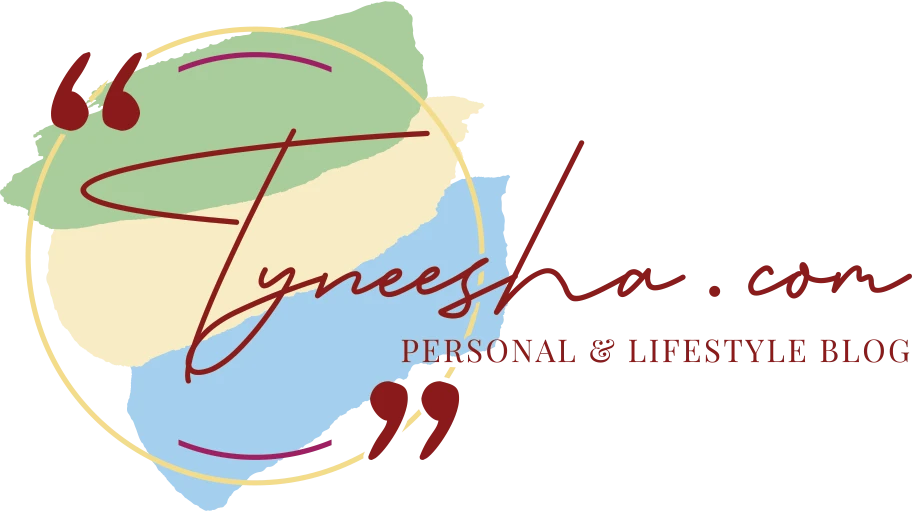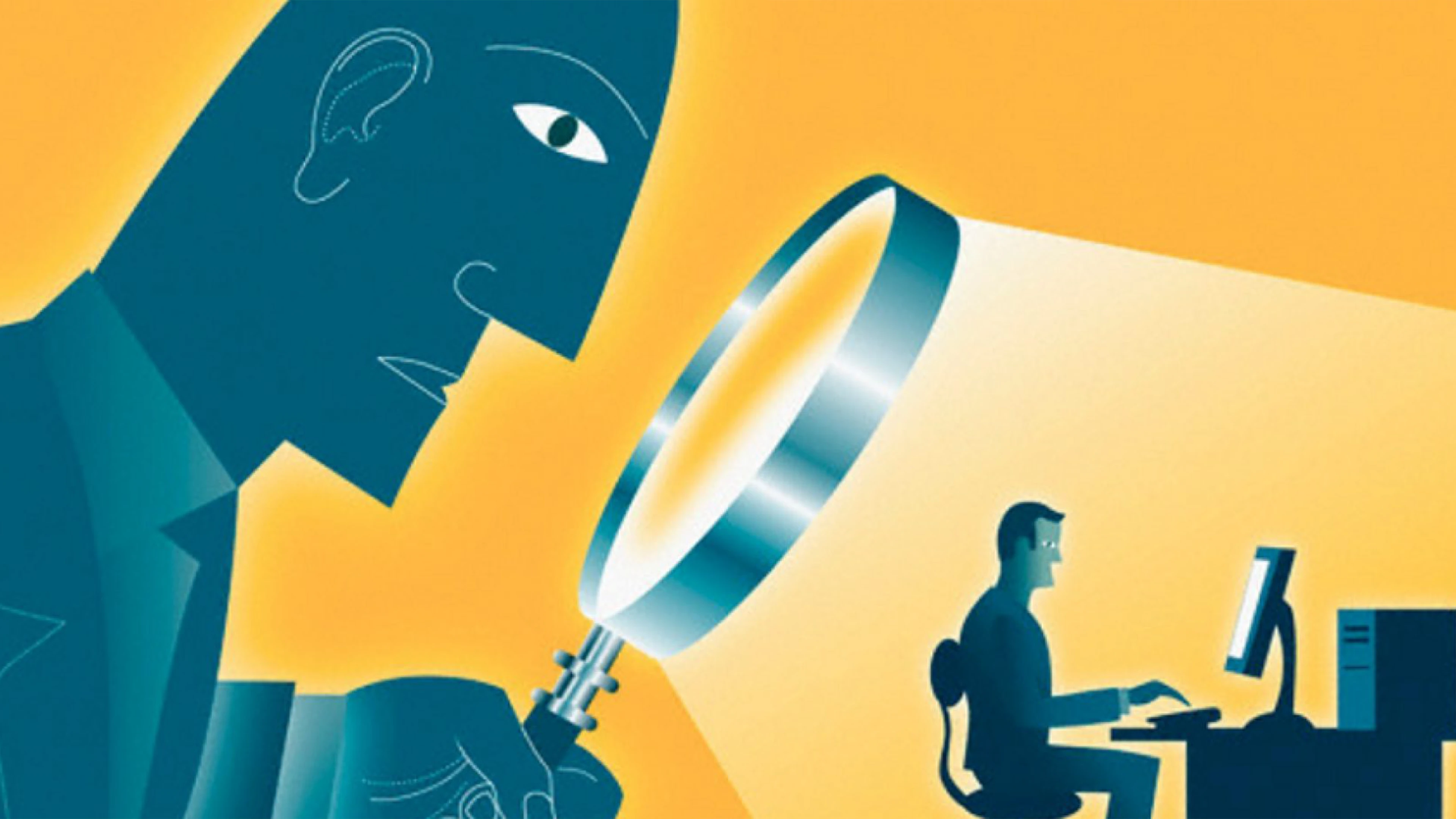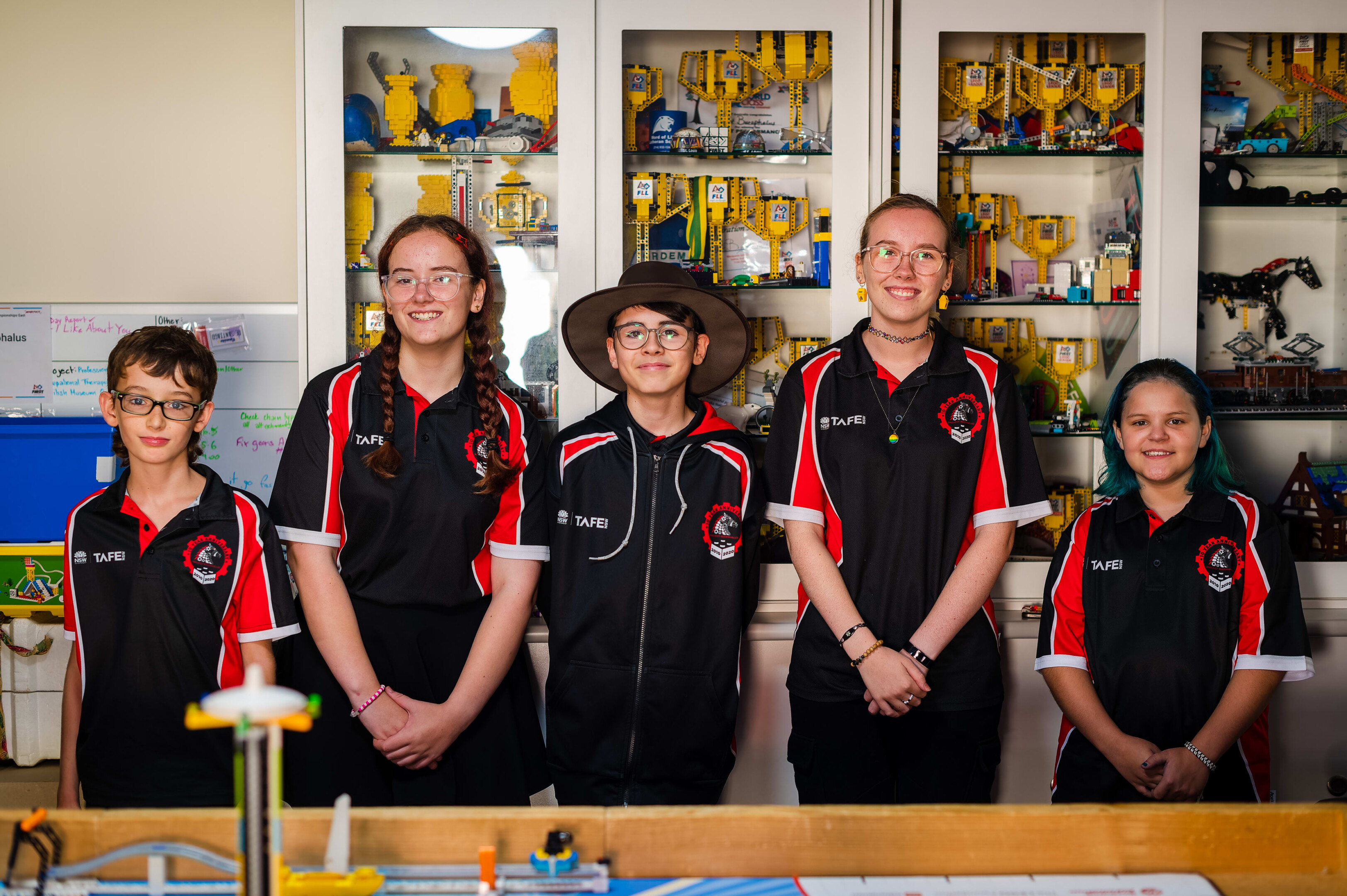24th April, 2024
Free cultures allow and encourage members of society to contribute to the collective consciousness. Societies of control are upheld by the ownership of ideas and subsequent gatekeeping of information.
In the internet age, tech is integrated with everything we do. As said in the lecture, our bodies are on our phones, and our phones are on our bodies. In this regard, freedom to alter software is a kind of freedom from capitalist control. This is where free source software comes in.
What does free-source software mean?
Probably not what you think it does.
Dave Neary explains, “As far back as 1985, the ambiguous nature of the word “free”, used to describe software freedom, was identified as problematic by RMS himself. In the GNU Manifesto, he identified “give away” and “for free” as terms that confused zero price and user freedom. “Free as in freedom,” “Speech, not beer,” and similar mantras were common when free software hit a mainstream audience in the late 1990s, but a number of prominent community figures argued that a term was needed that made the concept more accessible to the general public.”
To fix this confusion, the term “open source” was coined by Christine Peterson and adopted in 1998 to promote free software more practically. Open-source software are programmes that make the code from which they are made available to the public. They allow users to modify and build on the information available to them. Skilled coders can identify and fix bugs in the system and add desired features. Think Wikipedia. Or talk-back radio. Except users contribute code.
In contrast, closed source programmes are privately owned by companies that choose when and how they alter the code. They’re not often free of cost, and they only allow such customisation as they think is necessary to keep people on board. In one way, they seem more secure, but users cannot know how the code functions and what data it collects in terms of privacy.
However, closed source platforms have adjusted to the growing desire for technological freedom and access to controls from users. “I’d say that open/crowdsourced models create two tiers of value: free and commercial. It has a third influence, too. It forces non-open products to imitate the free tier by offering a “freemium” tier of their own.” (Julie Bort, 2011)
For example, Facebook is a closed source platform. You used to have to pay to use it, and the reason you don’t anymore is that free open-sourced platforms posed a threat to it. Nowadays, you don’t pay for an account, you get updates sometimes, and you can make suggestions and report bugs, but you can’t do very much on your own, and you don’t have access to all the information there.
As mentioned in the lecture, one of the biggest points of comparison on the topic is Apple as a closed source software vs Android as an open one. Closed source platforms such as Apple remain the social norm because of their useability. They don’t allow as much freedom to the users. Still, capitalist society values convenience over personal freedoms, which is why Apple can charge an arm and a leg for their products. Not everyone has been taught how to read/write code (they should, and I suspect that soon we will), so it’s easier to use closed source platforms at the expense of customisation.

References
Neary, D., 2021. 6 pivotal moments in open source history. [online] Opensource.com. Available at: https://opensource.com/article/18/2/pivotal-moments-history-open-source [Accessed 26 May 2021].
Bort, J., 2011. Open source is socialism at its best. [online] Network World. Available at: https://www.networkworld.com/article/2228212/open-source-is-socialism-at-its-best.html [Accessed 26 May 2021].






